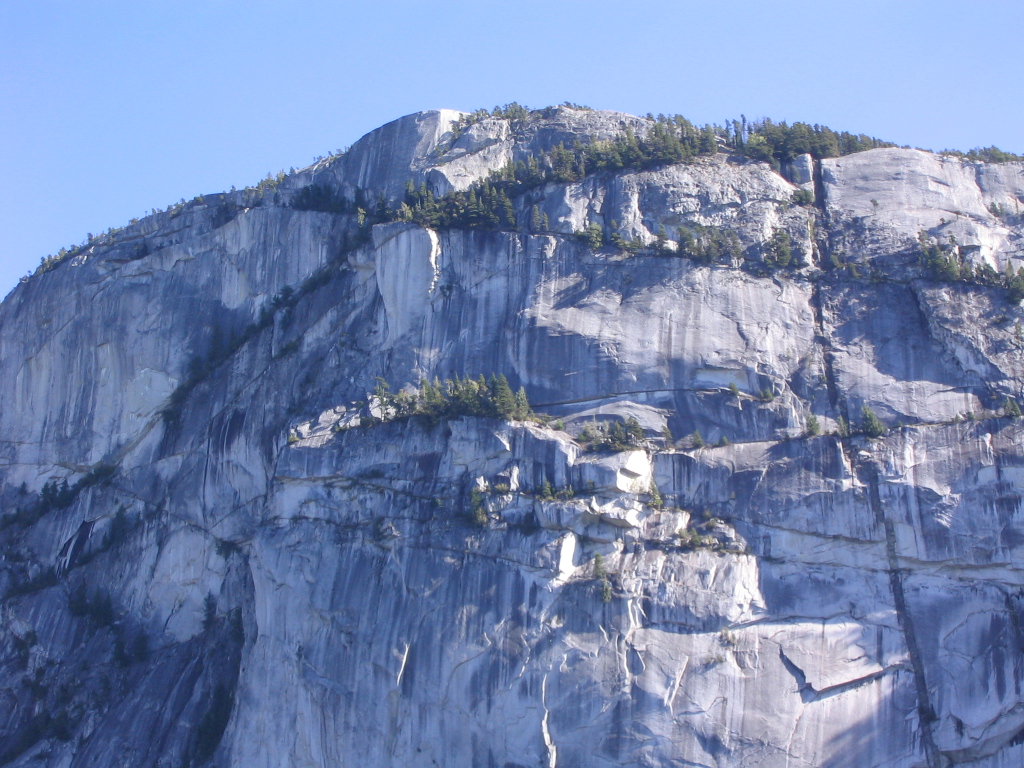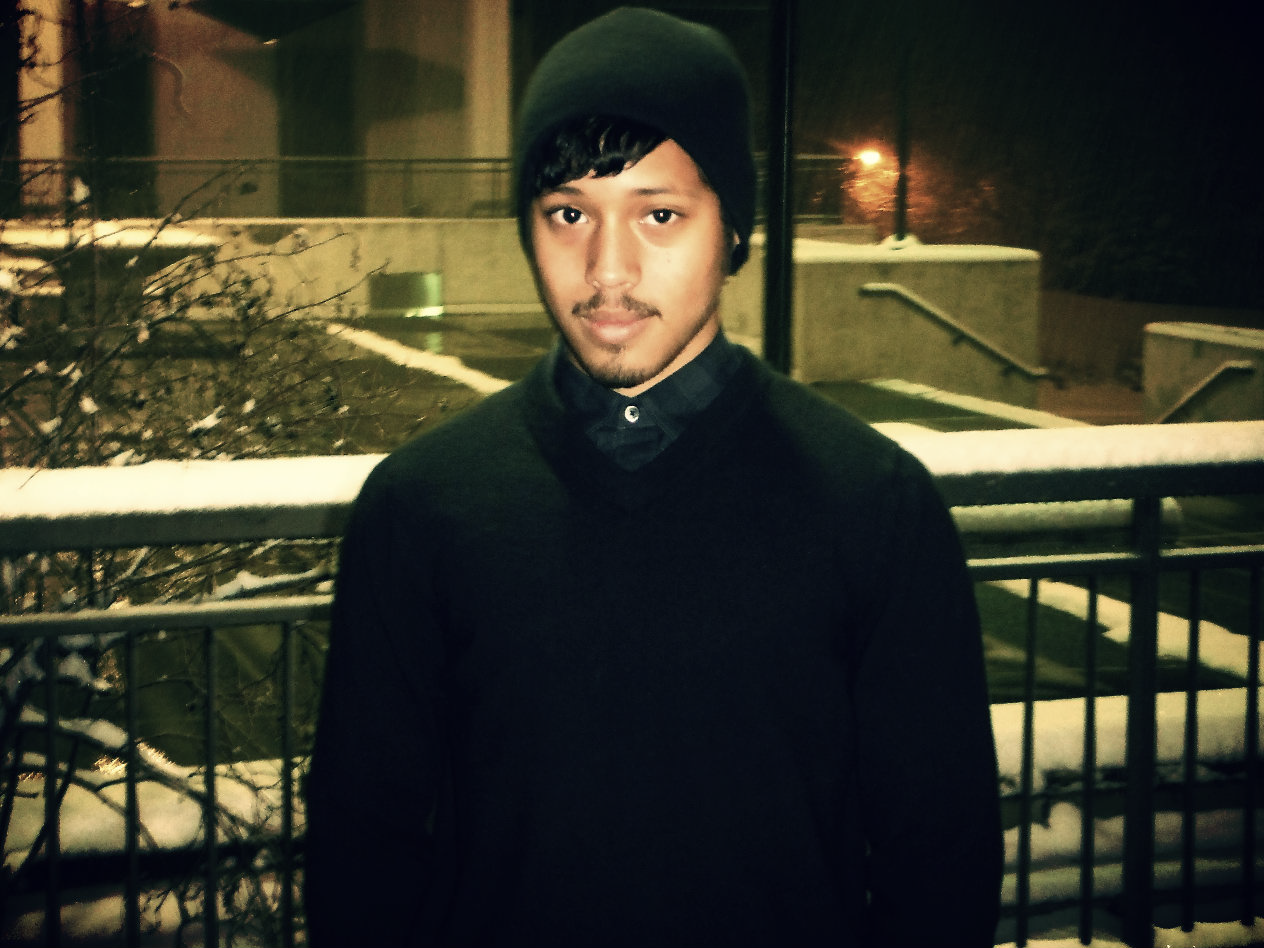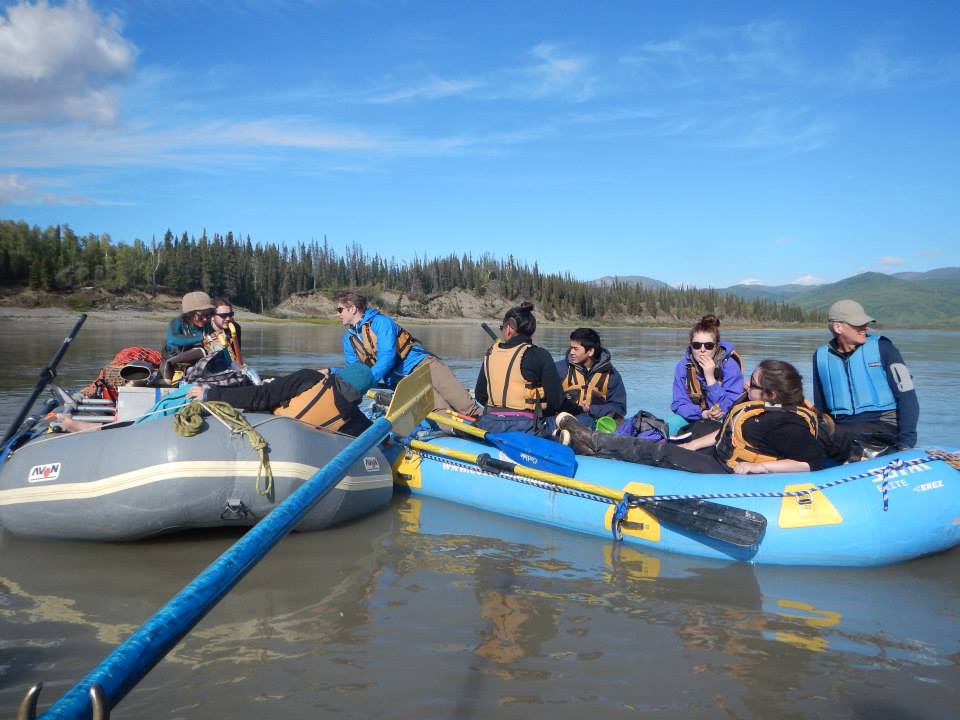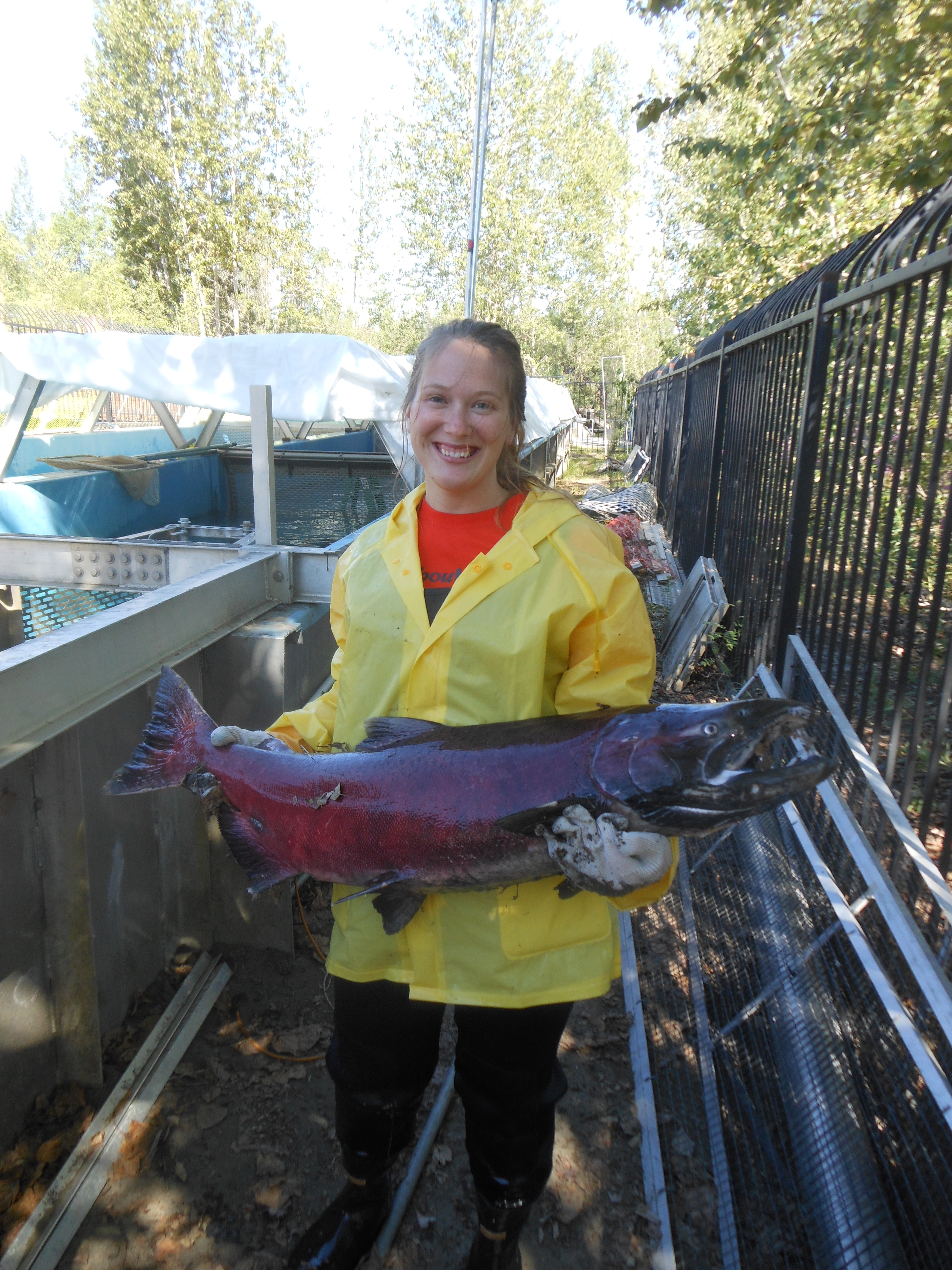by Hillary Hafner
Our world revolves around time and money. I believe a person’s moral standing is determined by how one chooses to spend one’s time and money, and that the most ethical way to spend time and money is benevolently. An individual’s responsibility is proportionate to their ability to affect. For example, corporations can influence multitudes of people and are now considered under law to be individuals. Thus, they ought to be affecting people positively and serving as examples of benevolence. However, we live in an egoist world and according to Hobbes, our egoism is innate. We are presented daily with choices-large and small- that give us the power to affect our environment. More often than we may realize, we are faced with the choice to make a personal sacrifice for the benefit of someone or something else.
Acting benevolently may mean making sacrifices on our part, but many don’t want their lifestyles to be significantly affected. America uses 30% of the Earth’s resources. In a quest for benevolence, all countries would have to use the same percentage of resources that America uses, but that’s impossible. The alternative: America cuts back consumption to use the same amount of resources as other countries. It is not surprising that massive corporations such as ExxonMobil and Philip Morris set plans in action to discredit manmade climate change. Without the support of the masses, large corporations lose their power and their money. Philip Morris’s retaliation to a potential ban on passive smoking to “portray the danger of tobacco smoke as just one ‘unfounded fear’ among others, such as concerns about pesticides and cellphones” is a prime example of America’s egoistic society and American citizens’ general complacency in denial.
I will admit, although not proudly, that my main source of income is currently my family. This makes my life comparatively easy. Because of my grandmother, I am able to enroll in a Wilderness First Responder course. Because of my mother, I am able to travel home this summer. Because of my father, I am able to feed myself. Chuck Palahniuk, author of Invisible Monsters,states it best: “I am the combined effort of everyone I’ve ever known.” It comes with a sense of debt, but their income sustains most of what I have. They have made an investment in me and their investment ought to be worthwhile. Therefore, it is my duty to use their efforts to the benefit of my own surroundings. Any extra cash of mine must go towards the good. Three months ago I was uncomfortable with the idea of interacting with people who have special needs, but taking the Ski Ride class in January 2013 introduced me to Challenge Alaska where I came to understand the world of volunteering and what “duty” is.
It is an able-bodied person’s dutyto aid a subject that cannot help itself because the disabled subject cannot fully satisfy his, her, or its own needs, yet still deserves and has a right to not only well-being, but an equally satisfactory existence as the able-bodied person. The most genuine happiness is that which is shared. We may not be inherently benevolent, but it is my understanding that the purest form of joy comes from helping others, from benefiting something other than the Freudian Ego because of the necessity of the situation- the need for assistance or betterment and caring to make that betterment happen, from being altruistic.
Now it’s my duty to reserve a friend’s car twice a week, put gas in the tank, and drive to an equestrian center in Rabbit Creek to assist handicapped children with their physical and occupational therapy. My only duty at the center is to walk in circles around the arena, gripping the kid’s ankle to make sure they don’t fall off the horse during their lesson. I don’t know these kids and neither does my family. I don’t get to ride a horse while I’m there, and I inevitably go home smelling like dirt, sweat, and manure. I have no interest in professionally pursuing physical or occupational therapy, but the therapists and kids need helping hands and I happen to have two of them. Because my schedule allows for it and I am physically and financially able to do so, it is one of my duties to help them.
Yet no matter how altruistic things feel or seem, I find myself entrapped in exhausting ethical debacles. Am I volunteering because it makes me happy or because it helps the student improve? Doing something for the joy it brings me is not altruistic. Driving to Rabbit Creek increases demand for oil and contributes to global warming. When will the moral dilemmas that face me at every trashcan cease? Why am I still writing from an Apple laptop that repulses me? Am I an ethical hypochondriac or is the well-being of everyone really in my hands? Our responsibilities are engrained in each decision we make. Is it okay if I smoke this cigarette?
The answer is no, but Philip Morris would have me think otherwise. For support in their war against climate change expertise, Philip Morris and ExxonMobil have taken the egoist’s route and attempted to affect the masses for the sole benefit of their corporations by spooning out millions of dollars to different agencies including The Cato Institute, The Frontiers of Freedom Institute, The Reason Foundation, George Mason University’s Law and Economics Center, and The Independent Institute. Philip Morris even went as far as to form a fake coalition with APCO called “The Advancement for Sound Science Coalition” intended to “educate the media, public officials, and the public about the dangers of junk science-” the very thing they broadcast. They ought to merge their corporations and supporters into The Wolf-in-Sheep’s Clothing Alliance.
Regardless of manmade climate change, citizens ought to be concerned about nurturing a healthy environment. However, America’s society is centered on the individual. Denial is an inherent reaction to being told that what the ego wants is harmful to something else. It becomes difficult to take responsibility for actions that cause harm to the environment and consequently other people because we don’t want to believe that we, the egoists, are responsible for rising seas and starving people. Trying to spread knowledge about the environmental consequences contained in a single cigarette gets the same reaction as telling a joke. People laugh and scoff. How can I fathom that my flight home “condemns people to death” when it makes my family, friends, and I so happy? Are we egocentric murderers or choosing ignorance and denial for the sake of joy? It is increasingly difficult to accept that we mediate our relative importance in the world, but individually, we determine how highly our happiness ranks in comparison to other things- other people, the environment, even the whale in the sea and the fly in the ointment. The true form of bliss is neither in ignorance nor denial, but in benevolence.
[author image=”https://sphotos-a.xx.fbcdn.net/hphotos-snc6/270900_10151023403410590_271458376_n.jpg” ]Hillary Hafner is from New Orleans, Louisiana. She came to APU in 2011 to study Marine Biology and has since become increasingly interested in the Outdoors Studies Program. Writing, volunteering, and working with horses are her favorite pastimes, but learning to ski has been the most challenging and rewarding.[/author]






One Comment
Leah
This was a really interesting passage that contemplated a very difficult topic and brought light to struggles that I think many people deal with. Trying to find a balance between how much to help and who to help, in itself is a complicated question; however, then when it seems that every action you do also seems to have negative consequences–like as you said, driving to Rabbit Creek to help the special needs children impacts the environment–it never quite feels like you can make a difference or actually be helpful. On top of that, deciding whether you are actually doing a good deed by helping if the action is clouded by ones personal selfish desire to be a better person. Your conclusion does an amazing job with elucidating the strife of human existence and how human nature deals with these struggles. As you said, “we mediate our relative importance in the world” is very powerful. I thought you did a really good job with touching upon all of these different points, and it makes me think about my own actions a lot.